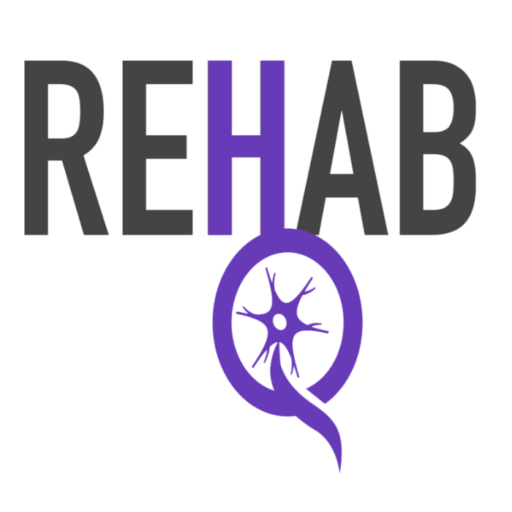Setting “big goals” seems to be an admirable quality these days. Whether it is in life or in neuro rehab, stating you have “big goals” seems to tell the world you are “ambitious”.
I know you have a goal in mind. That skill, movement, activity that you want to be able to do again. Goals are important. They keep us motivated, give us a vision of where we are going, and keep us accountable for the process. But what if I told you goals are not all they are cracked up to be? Yes, even the most well-intentioned goals……..can go “rogue”……
So what exactly is a goal gone rogue? For some people, a goal – the end result – can become synonymous with “happiness”. “I will be happy when I achieve……..”
“Molly” (name changed for confidentiality) suffered a stroke causing left-sided hemiplegia (weakness on one side of the body). We have been working together for a little over 2 years and I would consider Molly a high performer. Outside of therapy, she works tirelessly on her rehab; long walks, stretching, strengthening, and motor control retraining. By all accounts, she is making progress. In part, because of her past experiences. As a trained musician she has skills that transfer well to neuro rehab. Discipline, focus, and self-efficacy.
But something changed this week. For the first time, I saw defeat on her face. The normally jovial, happy, motivated, energetic smile was replaced with frustration, hopelessness, and despair. In her words….. “I thought I would be better by now.” There was nothing I could do to console her. Pointing out how far she had come fell on deaf ears. Asking her how I could help was received with obvious anger and a bit of contempt.
In her mind, her hard work was all for naught. What had changed? This past week, Molly had her five-year stroke anniversary. Yes, a turn of one page on the calendar, and all hope was gone. A mere 24 hours and her greatest asset – her mindset – had become her greatest liability.
And then I realized something. I had missed it. I failed to notice that her discipline, motivation, and energy were all hanging on one thing……..“happiness”.
There are many definitions of happiness. The most fitting is “any state of being, having considerable permanence, in which pleasure decidedly predominates over pain.” (attribution: wordnik https://www.wordnik.com/words/happiness).
And that brings me to you. Are you happy? If so, how much of your life would you say you are in a state-of-being where pleasure predominates over pain? Is it only when you envision yourself getting your old life back? If so, what happens if you don’t achieve this moment you are envisioning? Could you still find happiness?
I can only imagine what it must be like to have your life turned upside down by a neurologic injury. And you should do everything in your power to get as much of your movement back as possible. In fact, I think everyone should have the goal of getting 100% of their movement back.
But there is something that is equally, if not more, important. Finding happiness independent of your goal. I am not saying this is easy, nor am I suggesting I could do it. We don’t really know how strong or weak we are until we are tested. But here is one thing I have learned……. If life’s happiness is dependent on something that is not yet realized, every day becomes unrealized happiness.
Are you happy? Can you find the sliver of contentment in your current circumstances? Or, will you be happy when…..?
Two things can be true at the same time. You can dislike your situation and find joy in the process of changing it. Is it easy? No. Is it possible? Maybe.
It starts with accepting your situation. Yes, even as shitty as it is.
Next, finding a way to fall in love with the process of recovery. Let me be clear…….You don’t have to like the day-to -day grind. You don’t have to like the fact that you lost a HUGE part of your life. However, you CAN find something that is enjoyable about the process. Maybe it is the people you get to meet. Maybe it is getting to spend more time with family. Maybe it is that you finally “get to” spend more time taking care of yourself and your health. There is ALWAYS a silver lining. Some of us just have to look a little harder than others.
And third, and the hardest part of all, being content with where you are at in the recovery process. In other words, if you did not make any progress after today, find a way to be ok. It IS possible. It is not only possible, it is essential to your recovery. Master the art of “being ok”, and every day will be another opportunity to get 1% better.

